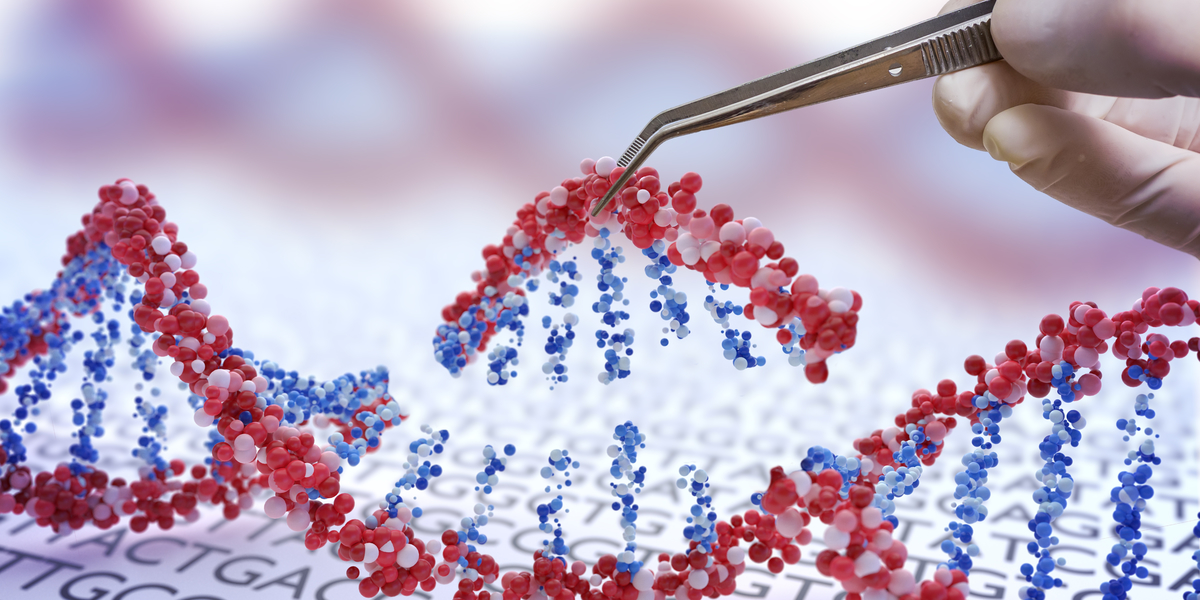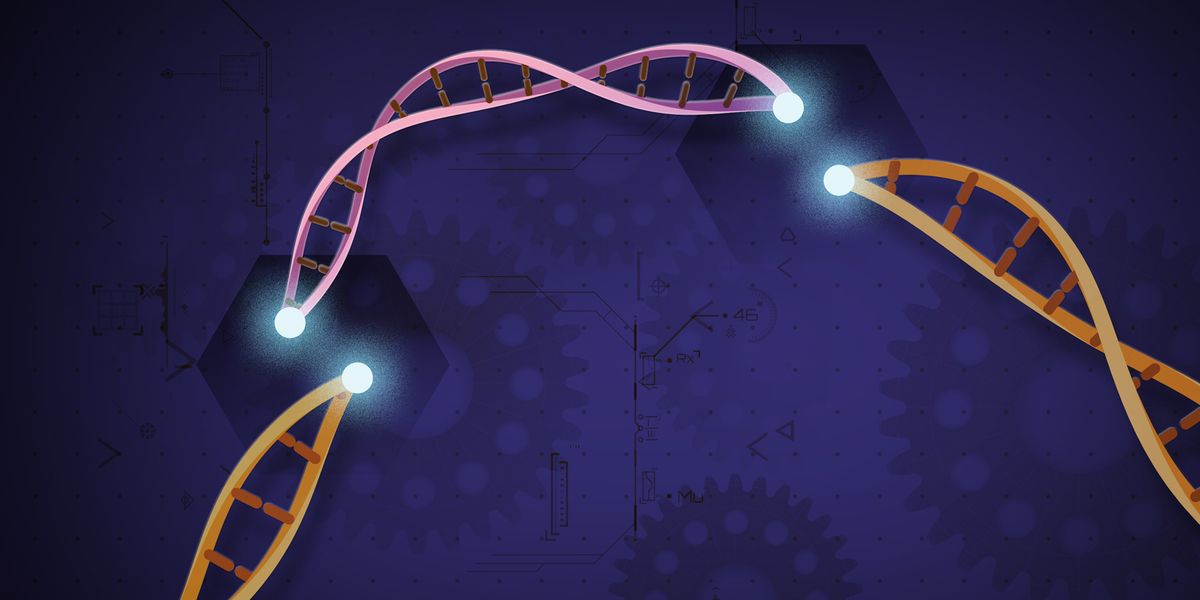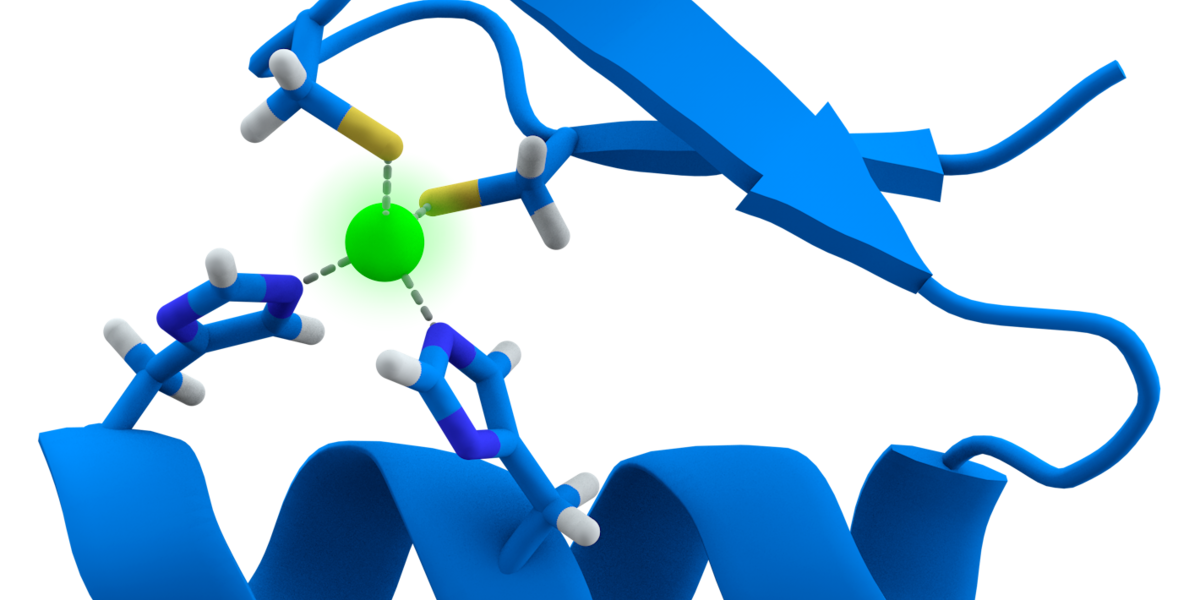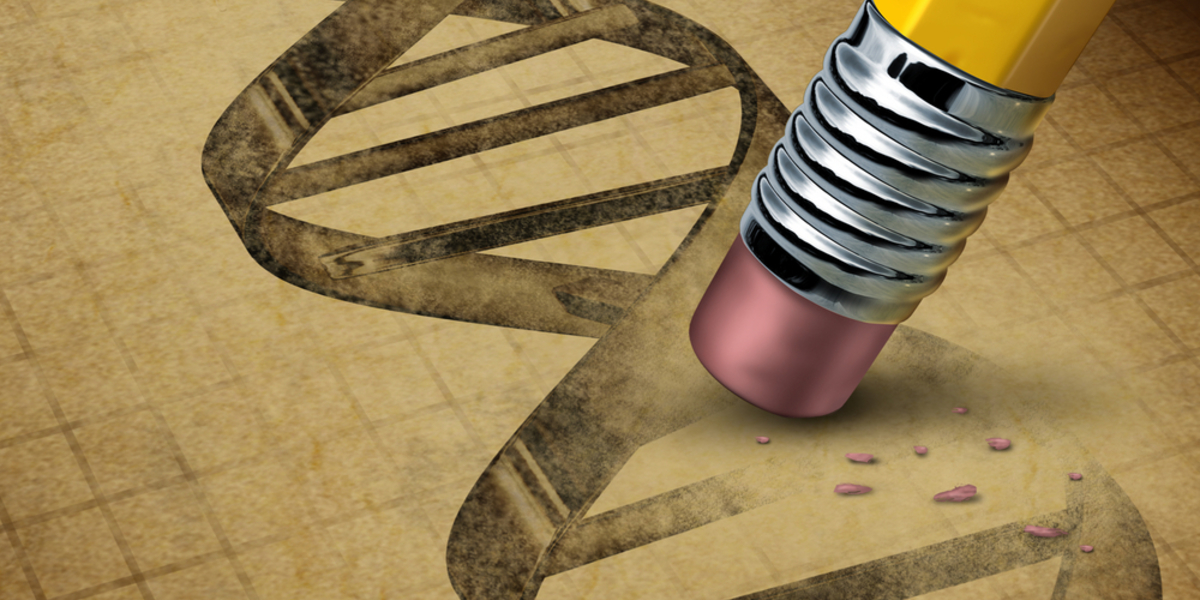
A successful early trial of a drug for Familial Transthyretic Amyloidosis showed that CRISPR gene editing could be safely used in the human body. What does this mean for gene editing in HD?

The first group of 10 participants have been dosed in uniQure’s clinical trial of an HD gene therapy, and three new manuscripts describe safe, widespread huntingtin lowering in animals.

A recent series of studies on the gene-editing method CRISPR have raised concerns about the suitability of this technology for the treatment of genetic illnesses such as Huntington's disease

Exciting new Huntingtin Lowering work from @SangamoTx and @CHDIfoundation using "Zinc Fingers" to shut down expression of the mutant Huntingtin gene. More details on this exciting new technique here.

FDA grants “Investigational New Drug” status to Huntingtin-lowering gene-therapy agent AMT-130, clearing path to human trials in Huntington’s Disease patients

This fall sees exciting announcements from a number of companies focused on novel Huntingtin Lowering technologies, including Wave, PTC and Voyager

Completely removing normal huntingtin in adults may disrupt healthy brain function, a recent study suggests.

Work with genome editing techniques (zinc fingers and CRISPR) brings these tools closer to use in HD clinical trials

The news has recently been full of stories about CRISPR, a new "jaw-dropping" DNA-editing technology. Hype or hope?